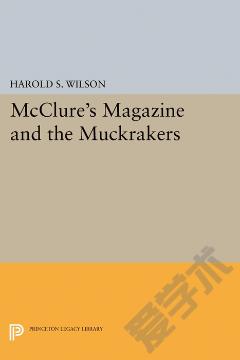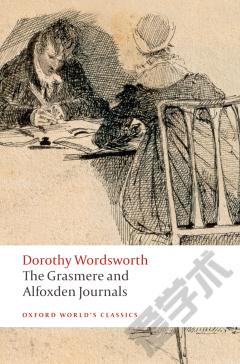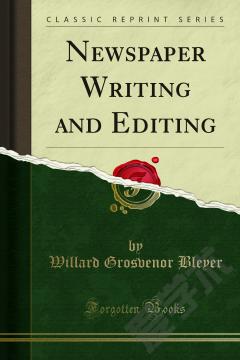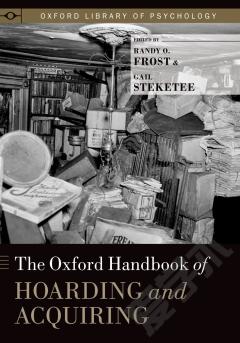Ford Madox Ford, Modernist Magazines and Editing
The controversial British writer Ford Madox Ford (1873-1939) is increasingly recognized as a major presence in early twentieth-century literature. This series of International Ford Madox Ford Studies was founded to reflect the recent resurgence of interest in him. Each volume is based upon a particular theme or issue; and relates aspects of Ford’s work, life, and contacts, to broader concerns of his time.
Modernist periodicals and editorial theory have been very productive areas in recent research. This volume focuses on Ford and editing. Ford was one of the greatest editors of Modernist magazines. He founded the English Review in Edwardian London, publishing Henry James, Joseph Conrad, H. G. Wells, Ezra Pound, Wyndham Lewis, and D. H. Lawrence. His editorial relationships with all of these writers are examined in detail here, as are those with Jean Rhys, Ernest Hemingway, and Basil Bunting, connected with the transatlantic review launched by Ford in post-war Paris, which also carried experimental work by James Joyce, Gertrude Stein, and Tristan Tzara.
These seventeen essays bring together distinguished scholars and poets, as well as younger experts on Modernism and its magazine culture. This collection provides a wealth of new research on the management, cultural politics, and editorial stance of Ford’s magazines; on the impact of his editorial contacts on his own and others’ work; and on editorial approaches to his writing, including his best-known novels, The Good Soldier and Parade’s End.
{{comment.content}}








 京公网安备 11010802027623号
京公网安备 11010802027623号